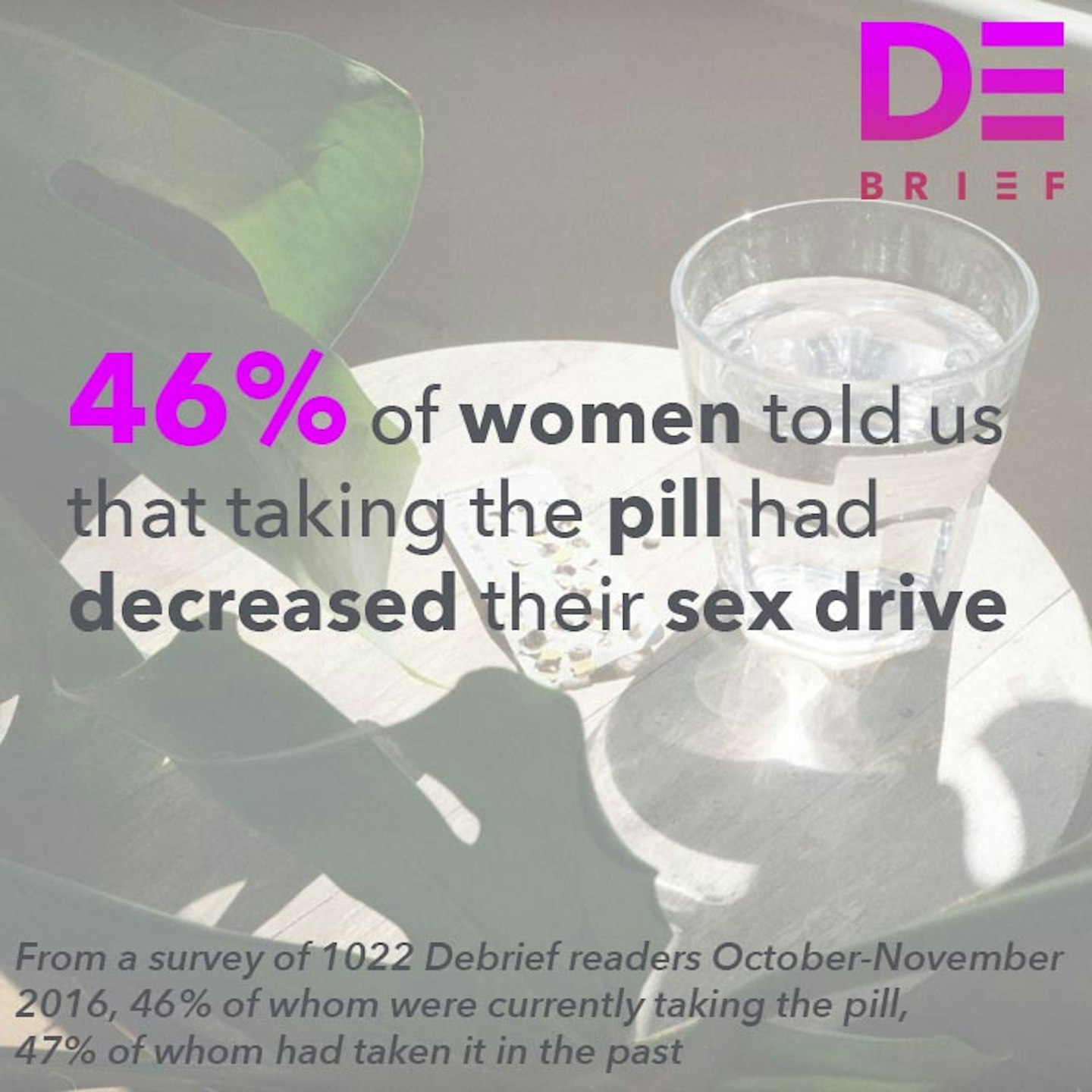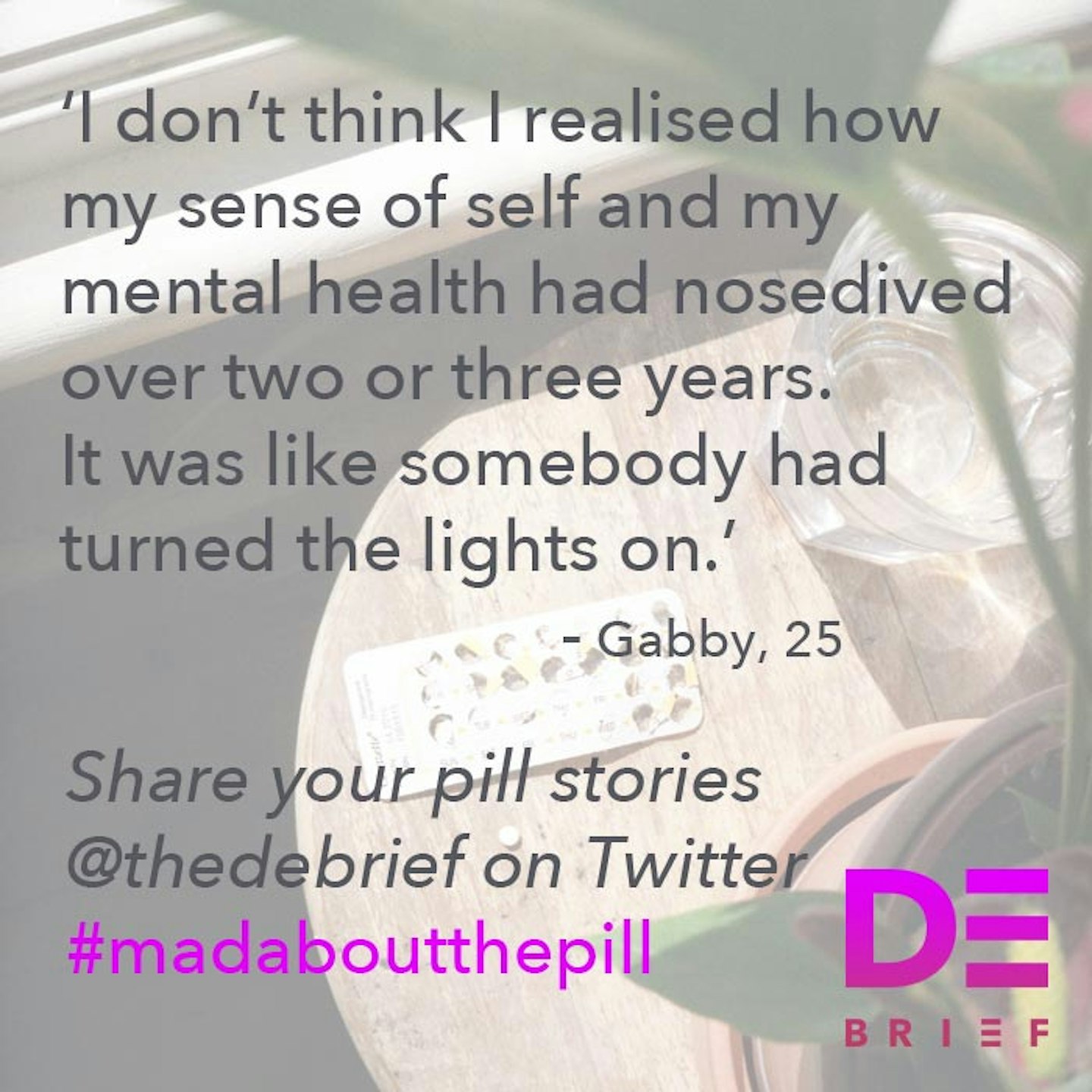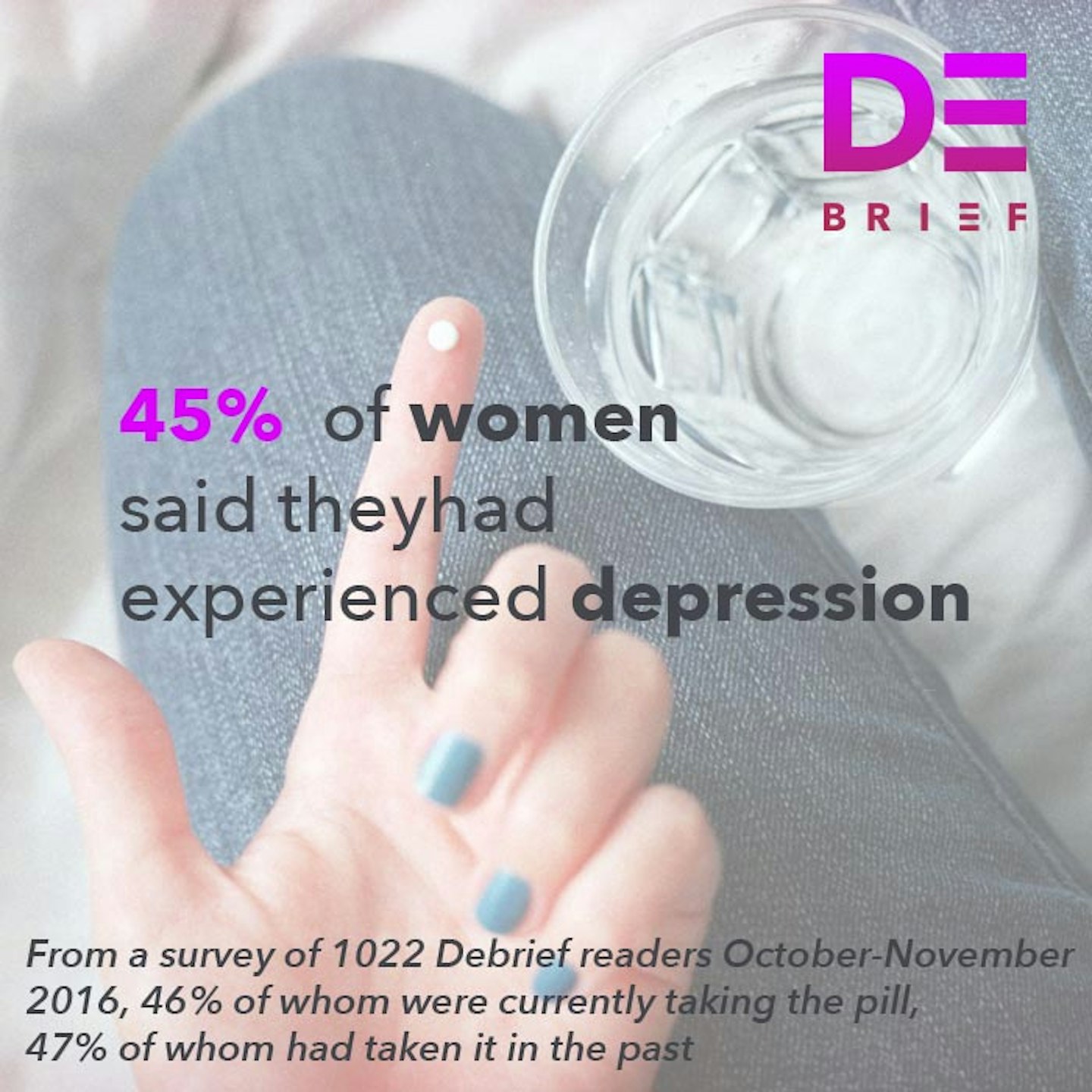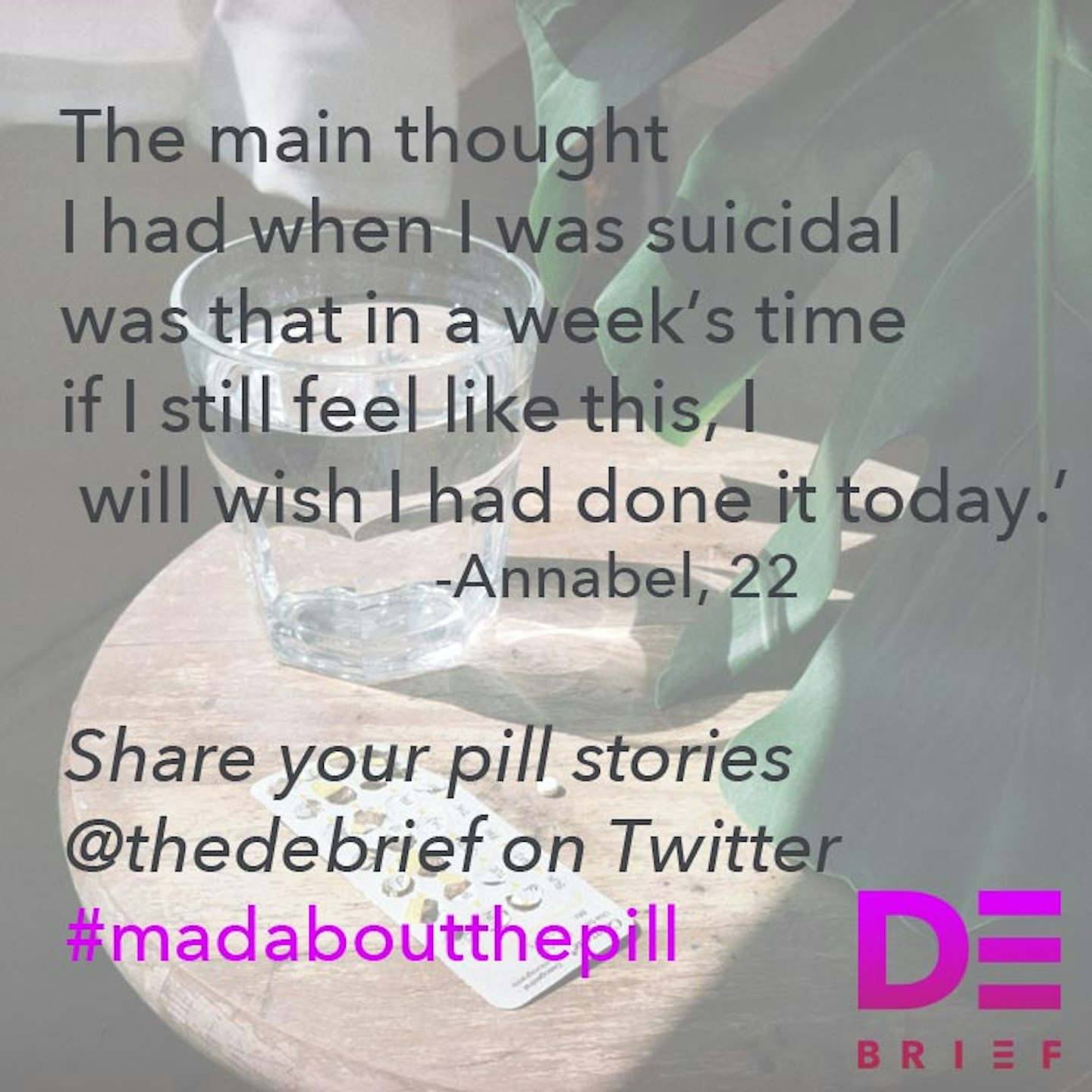Boots has started stocking a cheaper morning after pill in stores, after refusing to do so last year.
A 2017 report revealed that women in the UK are paying almost five times as much as women in Europe for the morning after pill, prompting the British Pregnancy Advisory Service to suggest that stores including Boots, Superdrug and Tesco should offer a cheaper version.
While Tesco and Superdrug made cheaper version available, the Boots team decided not to, saying they didn’t want to incentivise ‘inappropriate use’.
As you can probably imagine, the backlash was pretty bad, forcing Boots to apologise and agree to drop the price from £26.75 to £15.99. However this didn’t happen in all stores (in fact, only 38 of 2,400 stores carried to cheaper product) due to a batch failure, according to Boots.
But now, the cheaper Levonorgestrel option (as opposed to the more expensive progestogen-based drug) will be sold in stores across the UK for £15.99.
‘We are delighted that Boots has finally followed many other retailers and is now selling emergency contraception for £15.99, almost a year after we first wrote to them asking for a reduction in the inflated prices,’ said a British Pregnancy Advisory Service spokesperson.
‘This is good news for women. Even at these significantly lower prices, emergency contraception remains more expensive in the UK than many other European countries, and is still twice the price of what women in France are charged.’
READ MORE: The Debrief Investigates: The Effect Of The Pill On Mental Health
Debrief Mad About The Pill Stats
 1 of 9
1 of 9Debrief Mad About The Pill Stats
 2 of 9
2 of 9Debrief Mad About The Pill Stats
 3 of 9
3 of 9Debrief Mad About The Pill Stats
 4 of 9
4 of 9Debrief Mad About The Pill Stats
 5 of 9
5 of 9Debrief Mad About The Pill Stats
 6 of 9
6 of 9Debrief Mad About The Pill Stats
 7 of 9
7 of 9Debrief Mad About The Pill Stats
 8 of 9
8 of 9Debrief Mad About The Pill Stats
 9 of 9
9 of 9Debrief Mad About The Pill Stats
Not sure what exactly the morning after pill does? We asked consultant gynecologist Diana Mansour.
What exactly is the morning after pill, and how does it work?
The Morning after pill works by delaying ovulation, the monthly release of an egg from your ovaries,’ explains consultant gynecologist Diana Mansour. ‘Once the egg is released from your ovary, it travels down the fallopian tube towards the womb.
'Fertilisation happens if sperm meets and fuses with the egg. If you have sex around the time of ovulation, sperm sits around in the cervix and top part of your vagina for 5-7 days.
'So, by delaying ovulation, there’ll be no egg available to be fertilised until after the sperm have gone, hence pregnancy cannot occur.’
How do you know the morning after pill has worked?
‘In theory, during the average woman’s cycle there are six days when sex can result in pregnancy. This time is known as the ‘fertile window’. Since the timing of ovulation is unpredictable, you have no way of knowing when your fertile window is – and it can be at a different time every month. This means you’re at risk of pregnancy throughout almost the whole of your menstrual cycle.’
WATCH NOW: The Debrief Investigates: The Contraceptive Pill And Mental Health
This article originally appeared on The Debrief.
